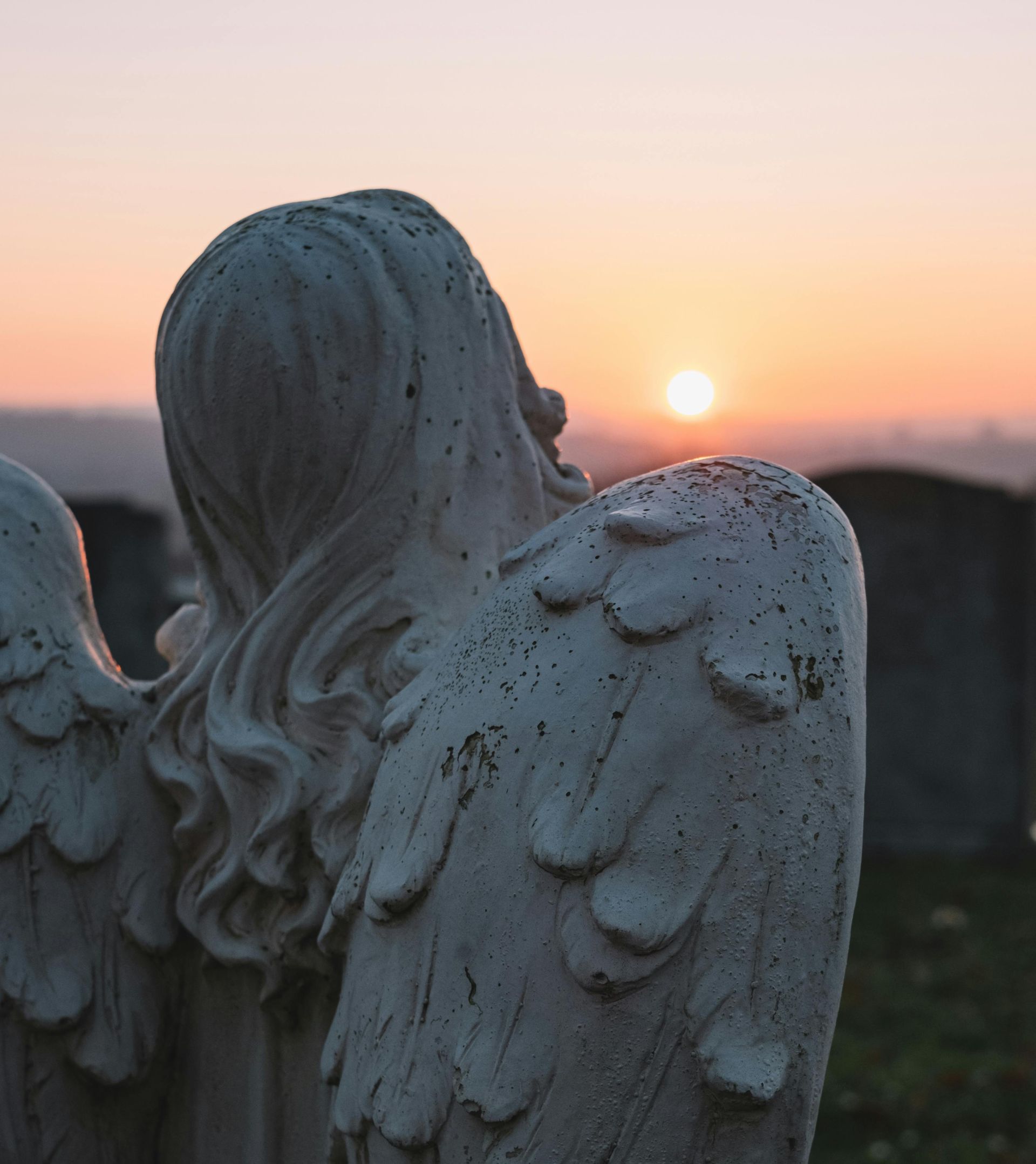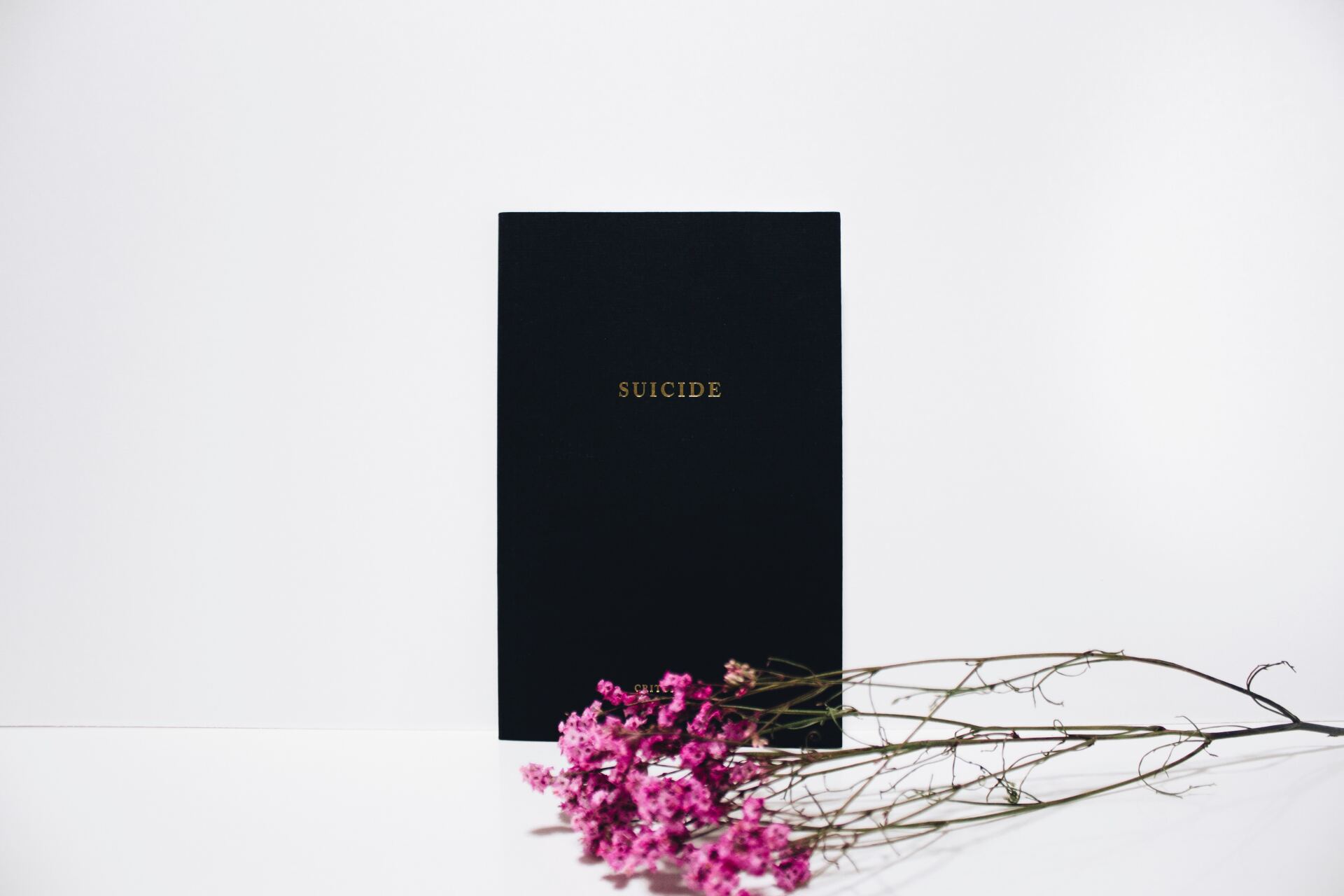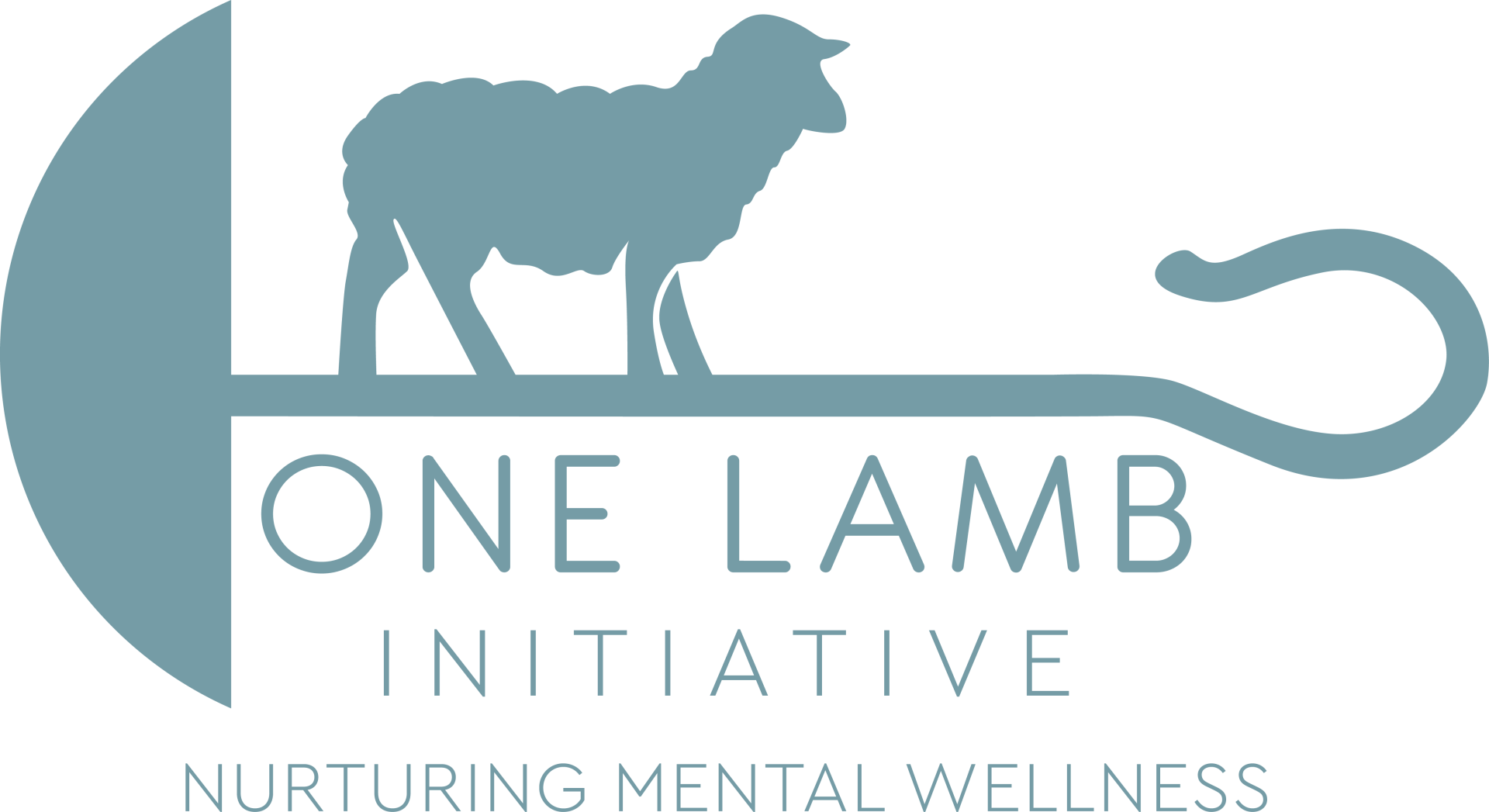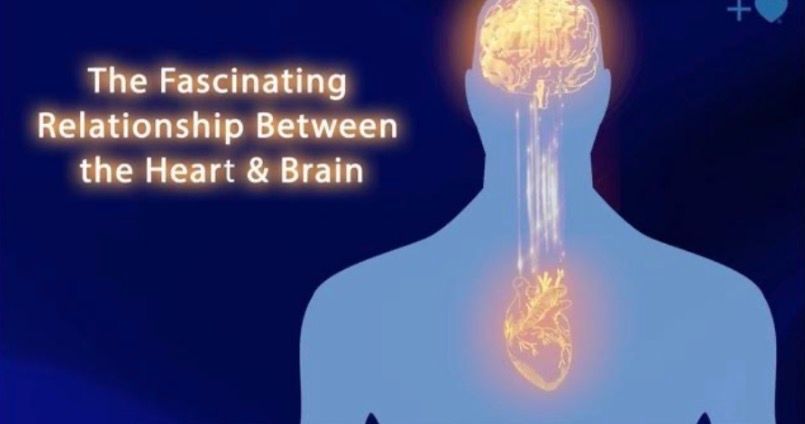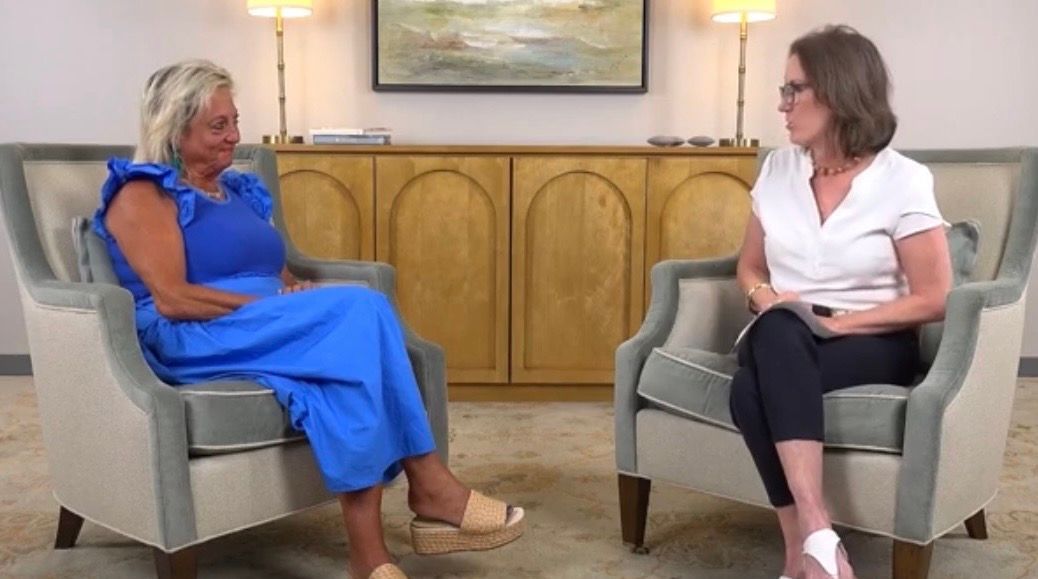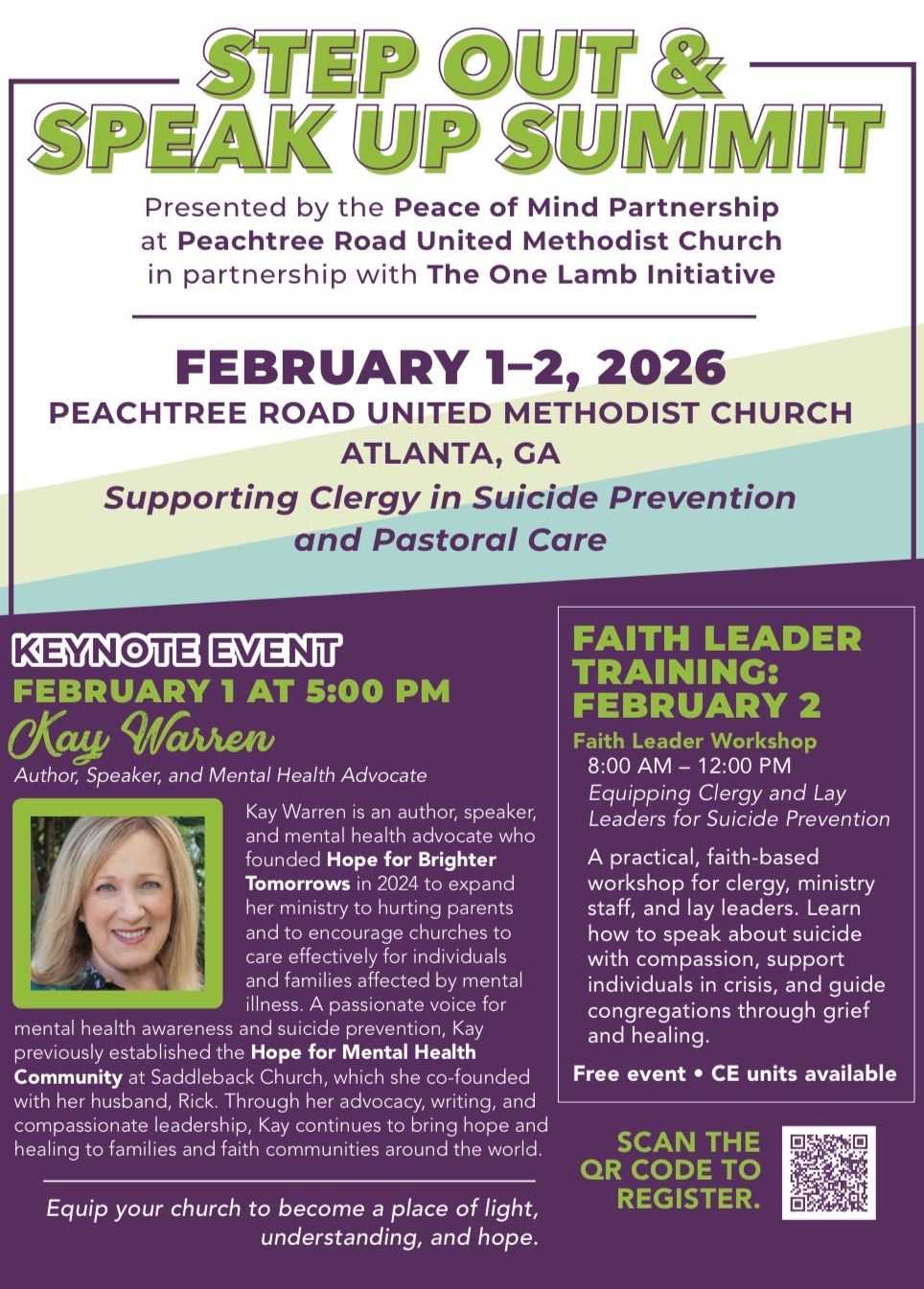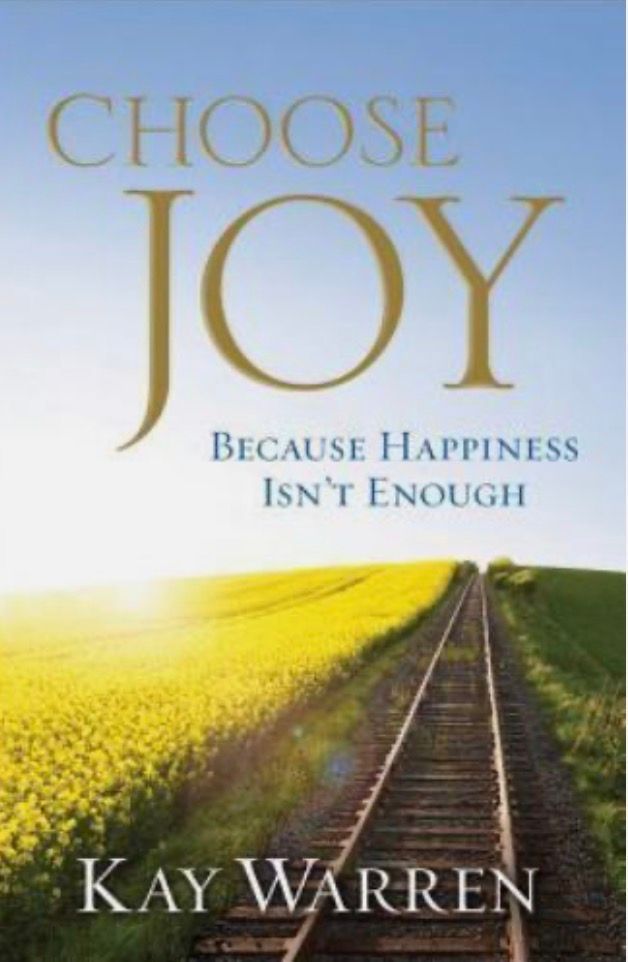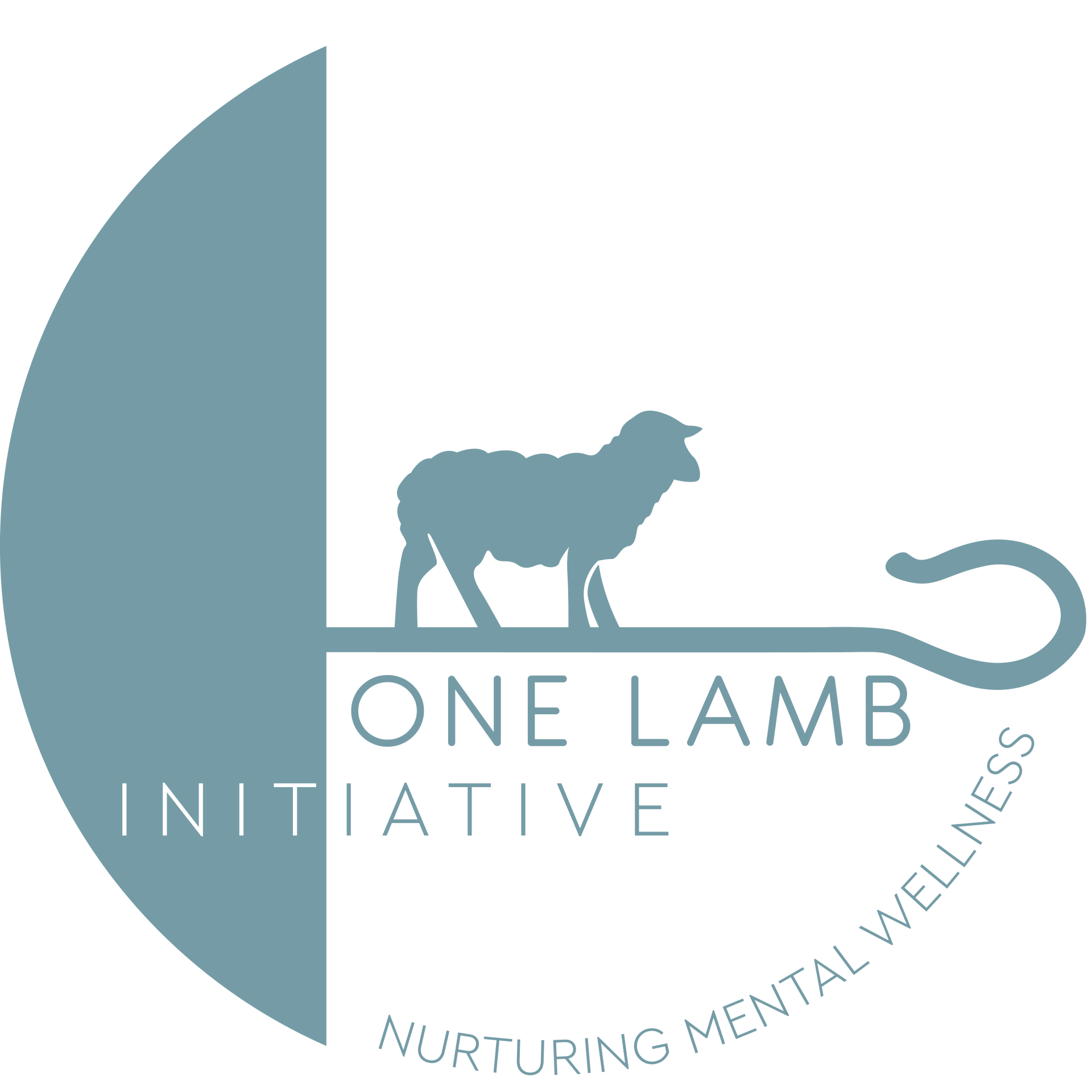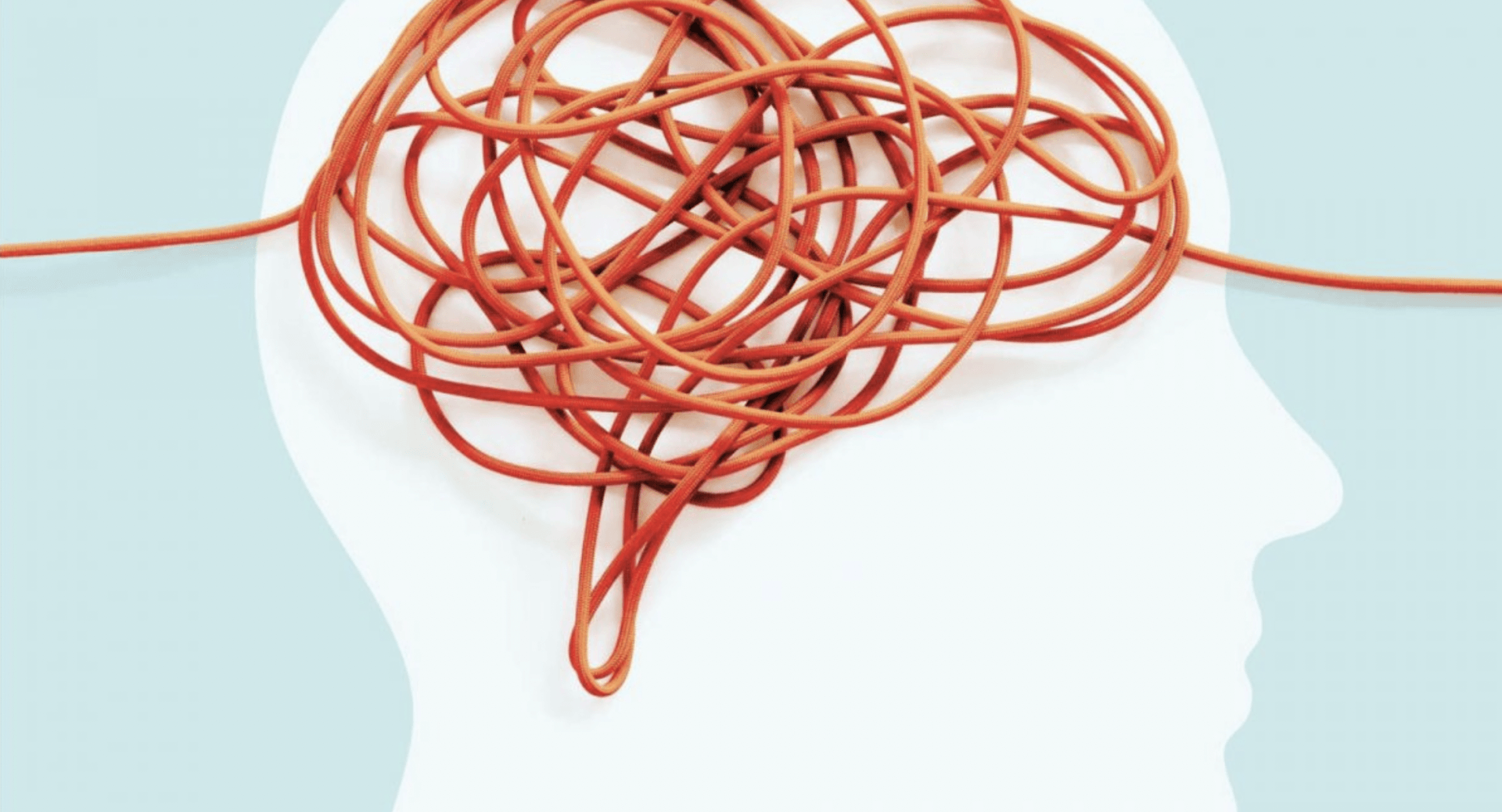
Unwinding Anxiety by Judson Brewer, MD, PhD
The title of this book caught my attention, realizing that we are living through one of the most anxious periods of our time. Dr. Brewer’s title, UNWINDING ANIXIETY, is a visual image of unwinding habits which trigger anxiety attacks. The book is divided into the following four parts, beginning with Part 0.
Part 0 explains how the brain works and the way anxiety develops. The explanation of fight/flight/freeze physiology and self-awareness helps in understanding anxiety. Each chapter deals with specific issues on how the brain works.
Part 1 basically gives tools on how to map your behavior and to recognize triggers, behavior, and results. The Behavioral Tendency Quiz reveals a person’s general behavior and how mindfulness and meditation help. Again, the author focuses on self-awareness.
Part 2 gives an understanding of the brain’s reward system and deals with established habits, learning from the past and how to change your habits. This part reinforces the awareness of which habits are unrewarding and which are rewarding. Being aware will support a new attitude and openness for change.
Part 3 begins with the value of curiosity. The more one seeks to understand personal behavior and are curiously exploring their habits and reactions, the greater the ability to change. This last part notes the importance of breathing, love, kindness, and resolution. The importance of the eyes in handling anxiety is interesting. The above is a quick summation of UNWINDING ANXIETY. The book would appeal to those who are searching to understand personal anxiety or the anxiety of another. The book is excellent for developing and changing habits, but one must have the desire to do the work. It is not an easy read and is most helpful if read slowly. It is informative for a study group but tedious for a lay person. Dr. Brewer’s expertise in explaining the challenges of “unwinding anxiety” is beautifully written with scientific data and clinically proven techniques.
Share
